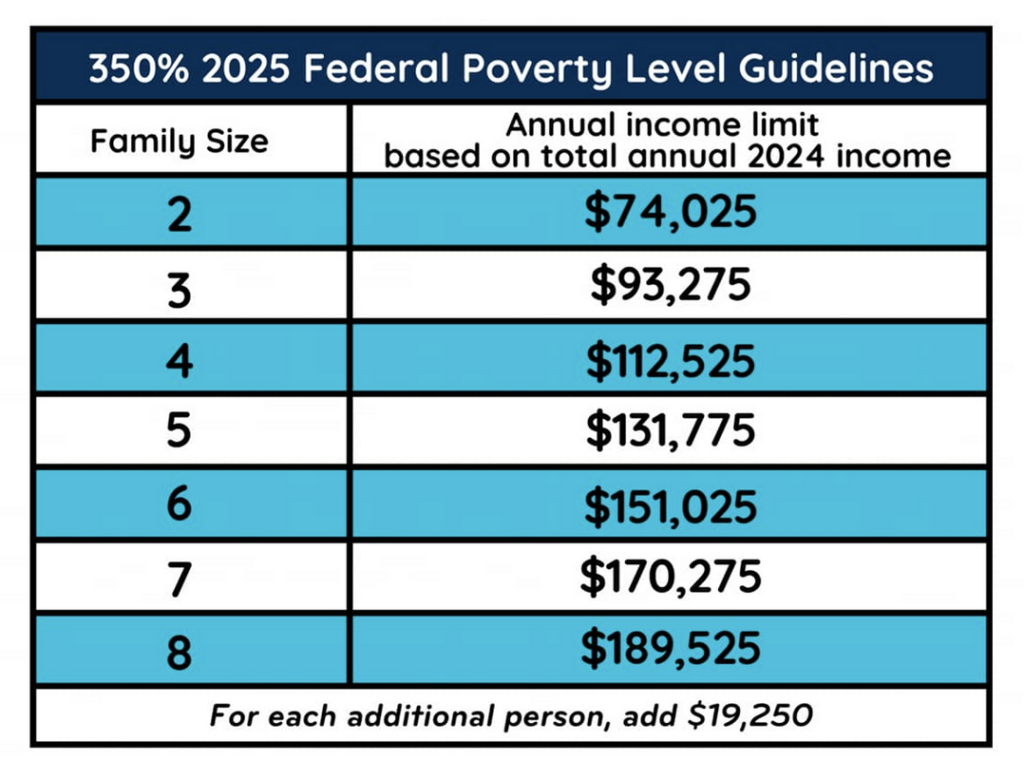Rep. Rick Ladd, Chairman of the House Education Funding Committee, argues that Universal Education Savings Accounts (EFAs) are needed because:
A “one size fits all” system of education is not the best learning environment for all students. (House Calendar No. 15, March 7, 2025, HB 115 on pg. 13)
Chairman Ladd knows exactly why public schools have a “one size fits all” system of education. He’s served in the legislature for many years, since 2008 in fact.
In 2010 parents argued vociferously against the uniform, poorly written Common Core State Standards being imposed upon public schools because it explicitly creates a “one size fits all” system of education. Parent complaints were completely ignored by the legislature.
The “common core state standards” were adopted by state board of education rules in the New Hampshire curriculum frameworks, and used as a measure of an “adequate” public education.
Andrew Cline, Chairman of the State Board of Education, has served since 2017, but has never bothered to remove or even question the “one size fits all” common core standards, despite parents repeatedly speaking out in opposition.
The state continues to accept federal funds in exchange for implementing uniform federal mandates in the public schools. Mandates such as common core state standards, common core aligned state assessments, competency grading, SEL (social emotional learning) behavior modification, and intrusive student data tracking. It’s no wonder parents keep complaining about public schools.
Chairman Ladd and Chairman Cline are responsible for overseeing public schools. Yet rather than fixing known problems, they’re abandoning public schools. They prefer to support Universal EFAs, funding every student to attend a private school without worrying about the public school students left behind.
75% of the those receiving EFAs so far are students already attending private schools. Their parents were already paying for private education and did not need state funding. Why then are EFAs a good idea?
Currently EFA recipients must have a household income at or below 350% of the poverty line to qualify. This cutoff is already near or above the median household income of $99k/year. With Universal EFAs there is no income cutoff. Every family qualifies, which means less affluent taxpayers will be required to fund private schooling for the rich. Why is that a good idea?

EFAs have produced no savings on property taxes, not here or anywhere else they’ve been instituted. In fact, EFAs increase overall taxpayer funding of education. Why is that a good idea?
EFAs create state funded public-private partnerships with approved private schools. They extend the influence of the state, but with less accountability to the people and a veneer of independence. This blending of the state with private schools is called education fascism. That, clearly, is not a good idea!
When the federal government gets around to “making sure state funded EFA students are getting an adequate education,” the state will bend the knee, just as it has for the public schools, and impose regulation on private schools. One size fits all, but that’s “equity” folks. Clearly, not a good idea!
